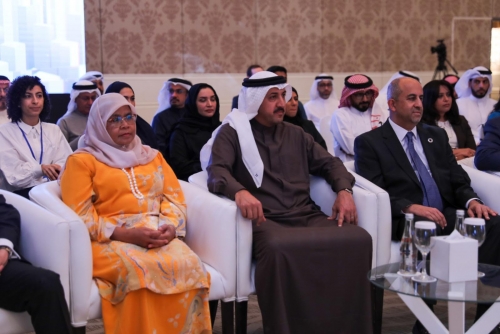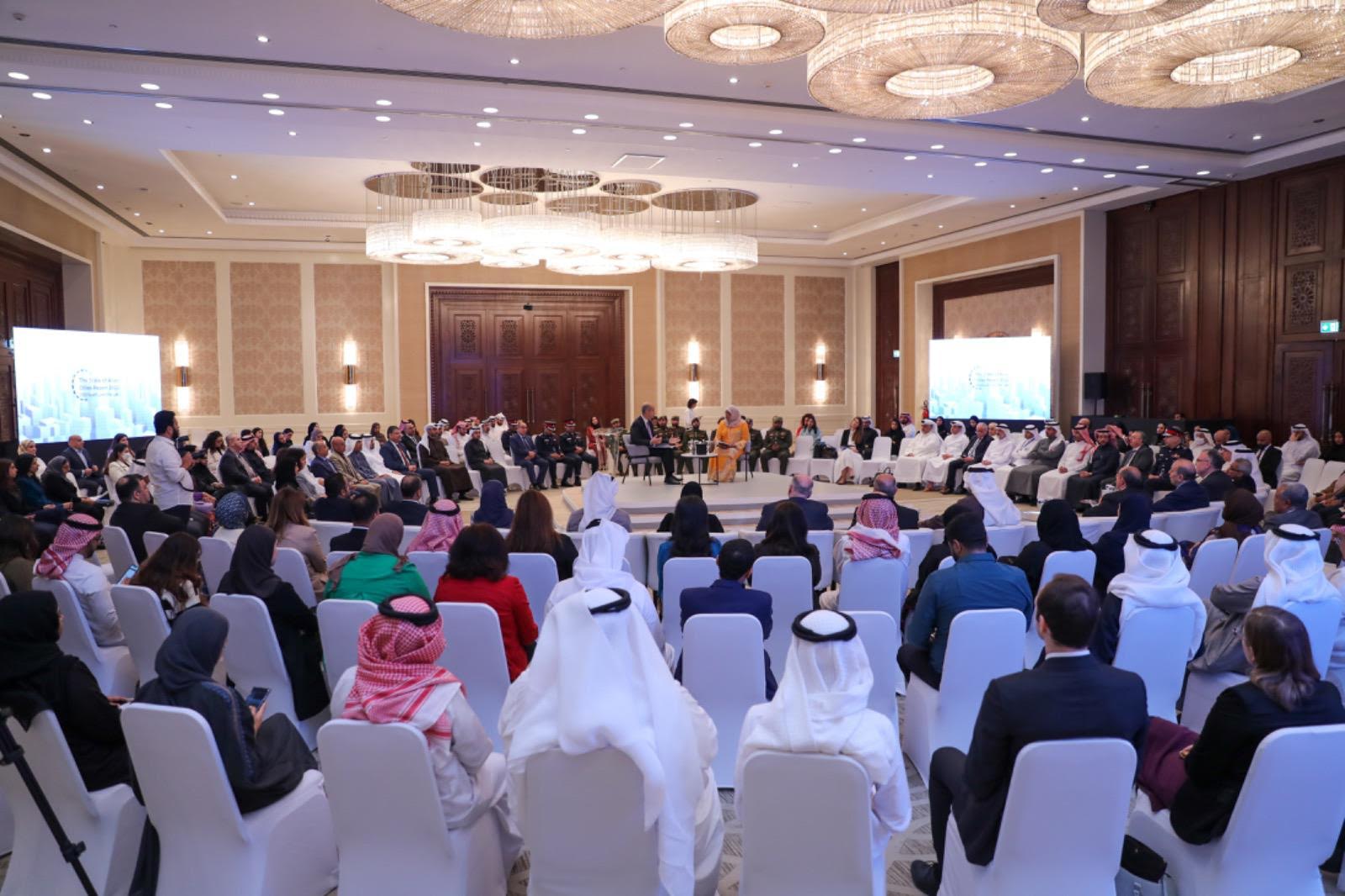Covid-19 exposed gaps, made Arab cities incredibly attractive: Derasat chairman
TDT | Manama
The Daily Tribune – www.newsofbahrain.com
Reported by Julia Cassano
The COVID-19 pandemic has exposed the “many gaps” in the infrastructure of some Arab cities, said a top Derast official yesterday during the launch of the 2022 ‘State of Arab Cities’ report, which also confirmed Bahrain’s strides in achieving UN sustainable development goals.
Dr. Shaikh Abdullah bin Ahmed Al Khalifa said this forced all countries to fill the gaps and benefit from successful regional and global experiences in implementing development plans.
While there are several challenges at the domestic, regional, and global levels, he said, the decision-makers here have a unique challenge to develop their infrastructure for Arab cities that have become “incredibly attractive” living destinations.
This shift, according to the chairman of the Bahrain Centre for Strategic, International, and Energy Studies, calls for action to prevent migration waves in addition to mitigating the effects of climate change.
In this regard, he also highlighted the strides and development achieved by the Kingdom in sustainable urban development and infrastructure that have positioned the Kingdom as a role model for other Arab countries.
Dr Shaikh Abdullah attributed this success to the vision and guidance held by His Majesty King Hamad bin Isa Al Khalifa, and the follow-up of His Royal Highness Prince Salman bin Hamad Al Khalifa, the Crown Prince and Prime Minister.
Titled 'Sustainable Financing for Urban Areas and Infrastructure', the report was prepared in cooperation between Derasat and the Regional Office for Arab Countries of the United Nations Human Settlements Programme (UN-Habitat) and the United Nations Development Programme (UNDP).
Several senior local and regional officials attended the ceremony, including UN-Habitat Executive Director Maymouna Mohammed Sharif, and representatives of national institutions in Bahrain.
The report provides successful examples to inspire others to find solutions to the 11th SDG, which calls for cities and human settlements to be safe, resilient, and sustainable. The report also renews the confidence of international organizations in Derasat as a regional intellectual partner in high-level research, beginning with the “Human Development” report for Bahrain (2018) to study the COVID-19 socioeconomic impacts on Bahrain.
Dr. Fernanda Lonardoni, head of the country program at UN-Habitat’s Bahrain office, praised the Kingdom’s efforts in supporting the United Nations' program to issue informed reports for Arab countries to fulfill the UN Sustainable Development Goals.
Firas Gharaibeh, a resident representative of the United Nations Development Programme in Bahrain, said the report aims to empower the capabilities of urban decision-makers to formulate policies.
During discussions with Dr. Erfan Ali, Maymouna Mohamed Sharif confirmed: "Some Arab countries demonstrated positive trends in performance toward achieving some of the SDGs, particularly in education, clean energy, and climate action; however, some regions were affected by conflicts, and their progress toward achieving these goals was slowed."
In this regard, Sharif praised Bahrain’s efforts and achievements to fulfill the UN sustainable development goals and the Kingdom’s cooperation and support for UN urban development programs in the region.
Related Posts


